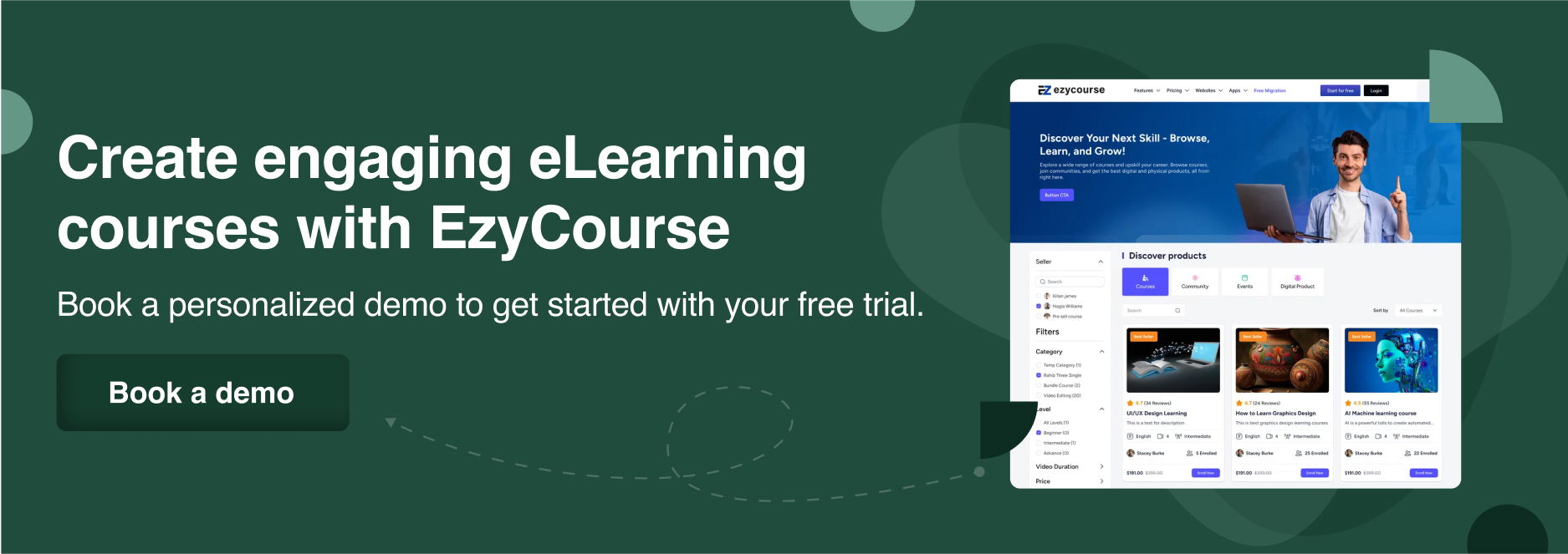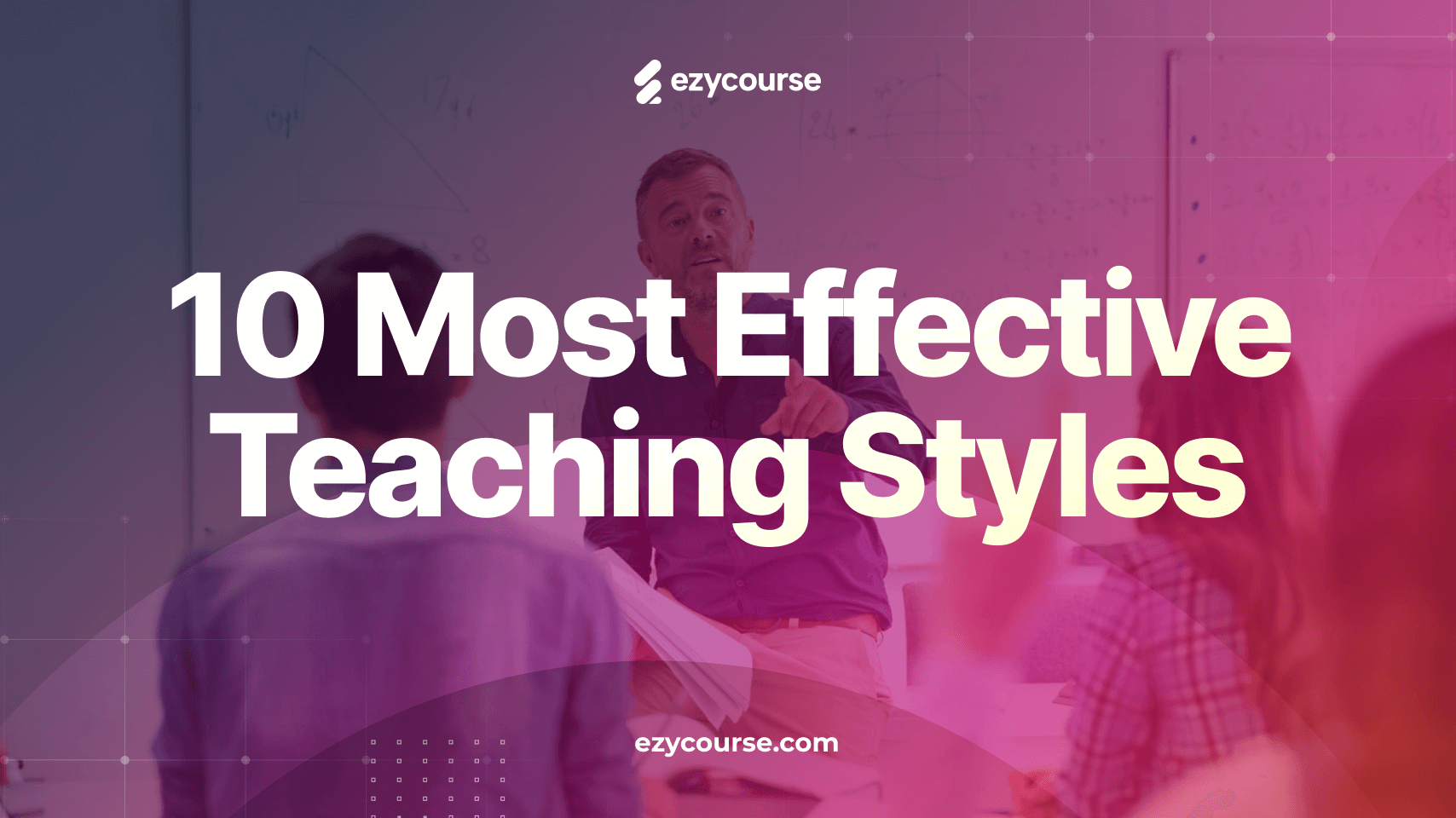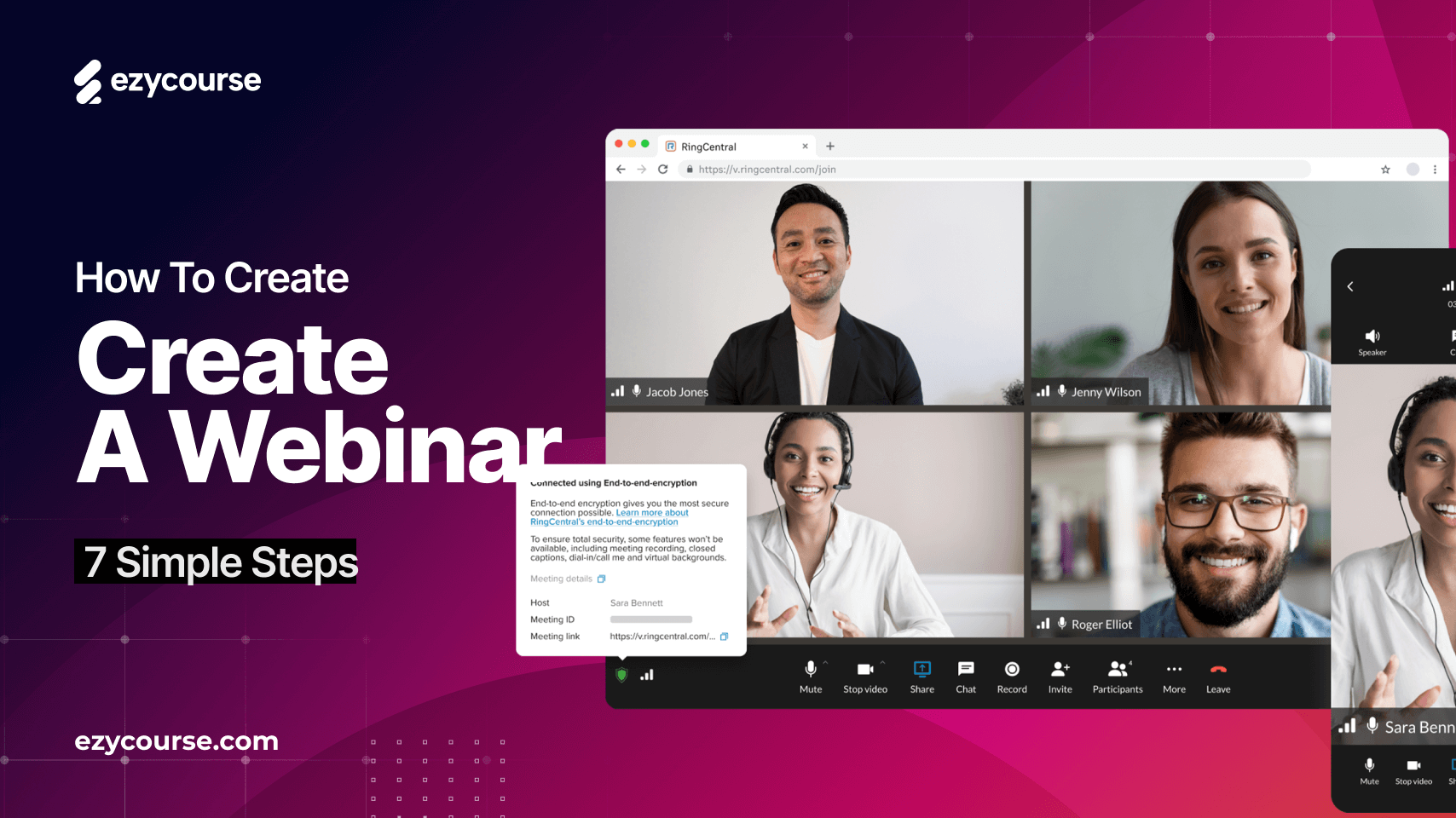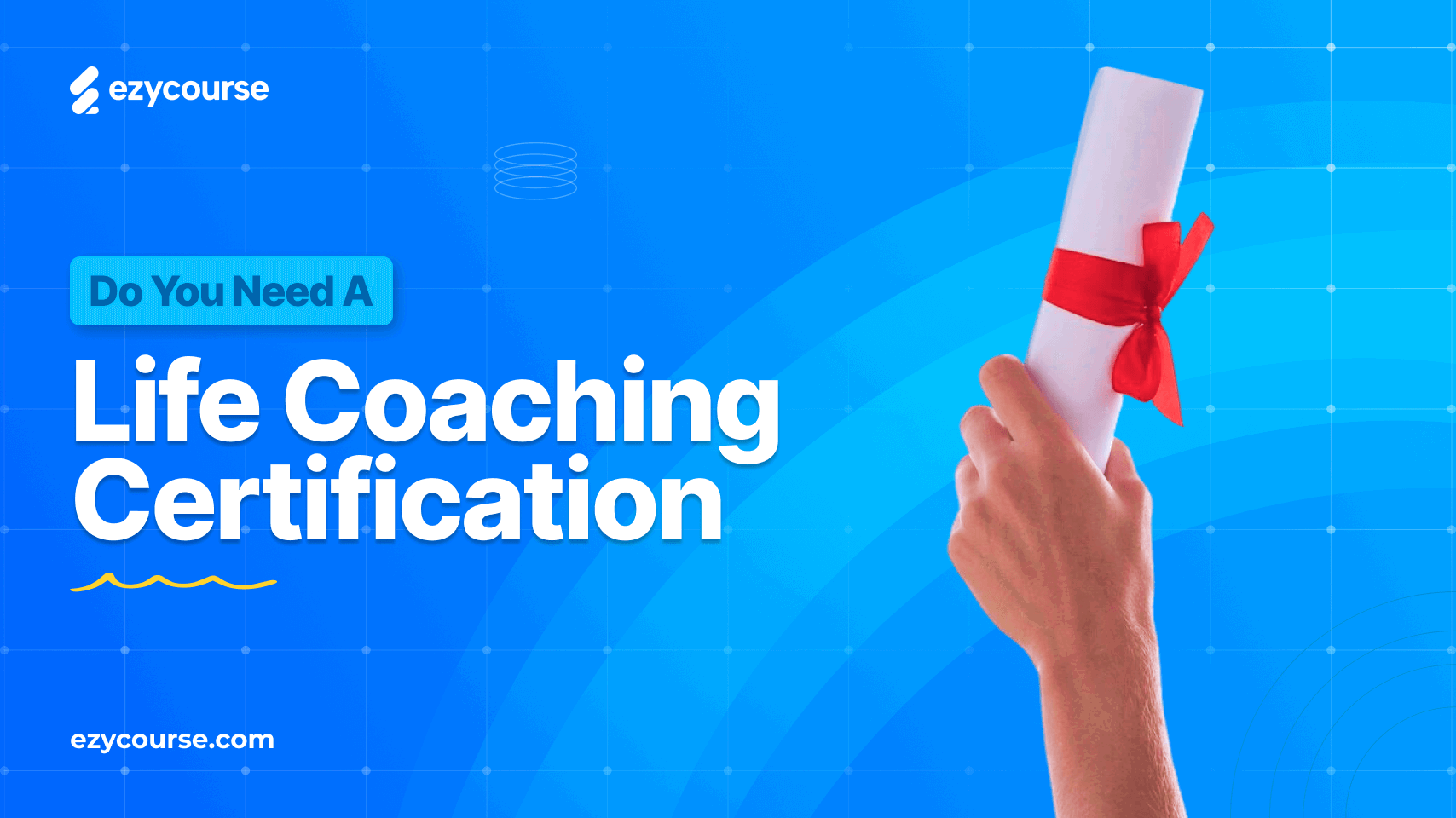Life Coach Certification Requirements & Cost Breakdown

Life Coach Certification Requirements & Cost Breakdown
Life coach certification requirements are an essential topic to discuss for those who want to build a credible and successful coaching career.
A life coach gets certified after completing coursework, practical experience, assessments, and 60 to 125 hours of training. You may need to spend around $3,000 to over $13,000 to become a certified life coach.
Being a certified life coach increases your credibility. But every life coach doesn't need to have a life coach certificate. Many coaches help people every day without any formal training on their resumes or a life coaching certificate.
It's entirely your choice. You can start coaching without a certification. And you can get certified later. Or you can decide you don't need one at all. Do what feels best for you and your journey as a coach.
In today's guide, we will explain the life coach certification requirements in detail. Thus, keep going!
What Is a Life Coach?

A life coach guides clients in setting and reaching their life goals. They help with both work and personal goals. Life coaching is not just giving advice; it is about building trust with the client.
A coach supports the client in making fundamental changes. The type of help depends on the coach's focus. Some coaches help with career goals, some work on relationships, and others allow people to grow personally or live healthier lives.
Life coaches can work one-on-one with clients, coach small groups, or work with big companies to help teams grow. Being a life coach means assisting people to reach their full potential.
Why Get Certified as a Life Coach?
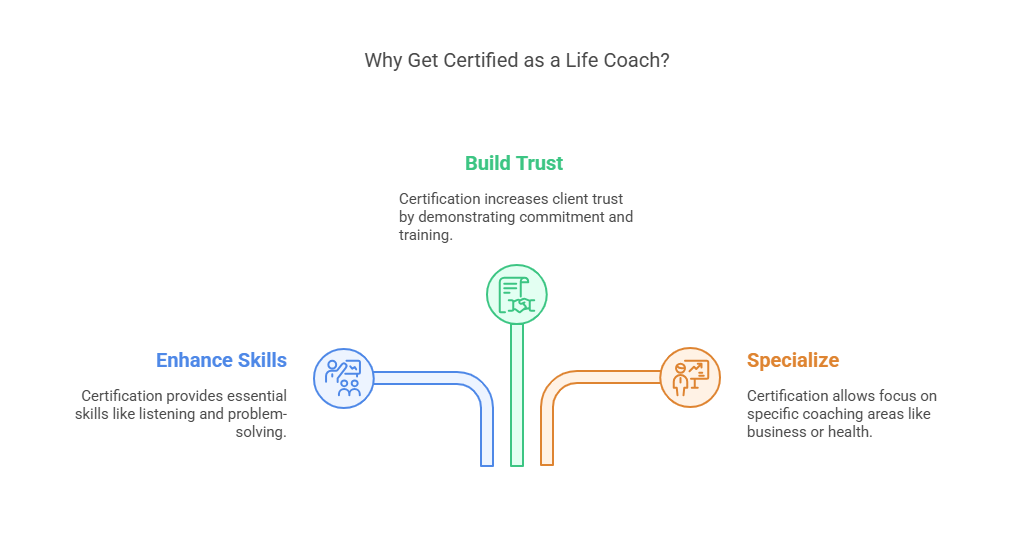
Getting a life coach certification can help your career. It teaches you essential skills and shows that you know your work. It also helps people see that you are serious and trained.
You don't just learn from books when you join a certification course. You practice real skills like listening, solving problems, and giving talks. You also learn to work with people from different backgrounds and situations.
However, having life coach credentials is a plus point for the following reasons:
Every client is different, and good coaches know how to adjust their approach. Many coaching programs also let you focus on one special area. Some people want to coach business owners.
Others want to help people with health goals, time management, or career growth. A certification can help you get better at the type of coaching you care about most.
Having a professional certificate also makes it easier to build trust. Most clients want a coach with training, not just someone advising with no real system. A certificate shows you took the time to learn, practice, and commit to doing the job well.
Life Coach Certification Requirements
The basic life coach certification requirements are:
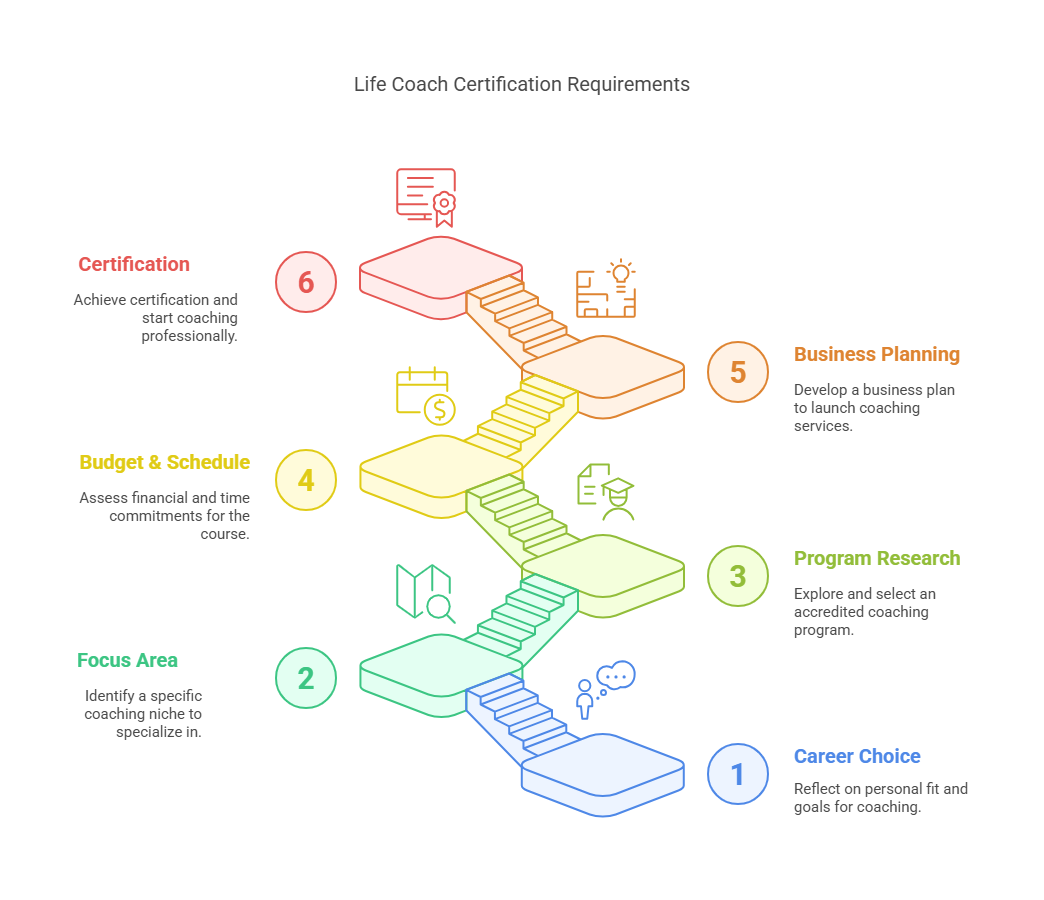
1. Think About Your Career Choice
Before jumping in, take a step back and think if this career is right for you. Becoming a certified coach takes time, patience, and real effort. Ask yourself a few honest questions:
Do I truly enjoy helping people?
Why do I want to be a coach?
What kind of impact do I want to make?
Do I have other duties that could slow me down?
Am I ready to run my own business?
Taking time to answer these can save you a lot of trouble later.
2. Pick Your Area of Focus
Life coaching is a big field. You can help people in many ways, but it helps to pick a clear focus. Think about what kind of people you want to work with and what problems you want to help solve.
Here are a few ideas:
Business coaching
Helping parent
Supporting young adults
Guiding seniors
Health and fitness coaching
Managing work and life balance
Time or money management
Marriage and relationship advice
School success
Career shifts
Personal growth and life goals
Choosing your niche early can help you find the right certification course later.
3. Research Programs and Accreditation
After you know your focus, start looking for the right certification program. Some programs are approved by trusted groups like the International Coaching Federation (ICF).
Picking an accredited course means learning from a place that follows professional coaching standards. Also, think about how you want to know.
Do you want in-person classes?
Would you prefer online lessons?
Or maybe a mix of both?
You can get real insights by reading reviews from students who have completed the course. Their feedback can show you if the course is worth your time and money.
4. Ask Questions Before Signing Up
Still feeling unsure? It's smart to talk directly to the course providers. Email or call them. Ask about what the program covers, what you'll need to do to finish it, and how much it costs.
Also, chat with people who have already taken the course. They can tell you what it's really like.
5. Check Your Budget and Schedule
Coaching programs cost money, and some can be expensive. Before you enroll, check your budget. Make sure you can afford it without causing too much stress.
Also, think about your schedule. Courses can be short or long. Some take a few weeks; others can take over a year. Pick one that you can finish without making your life too complicated.
6. Start Planning Your Business While Studying
You don't have to wait until you finish the course to start thinking about your coaching business. While you're studying, start sketching out a plan.
What services will you offer?
How will you find clients?
How much money will you need to get started?
How do you register your business?
Starting early with a plan can help you move faster once you are certified. You'll be ready to go instead of starting from scratch.
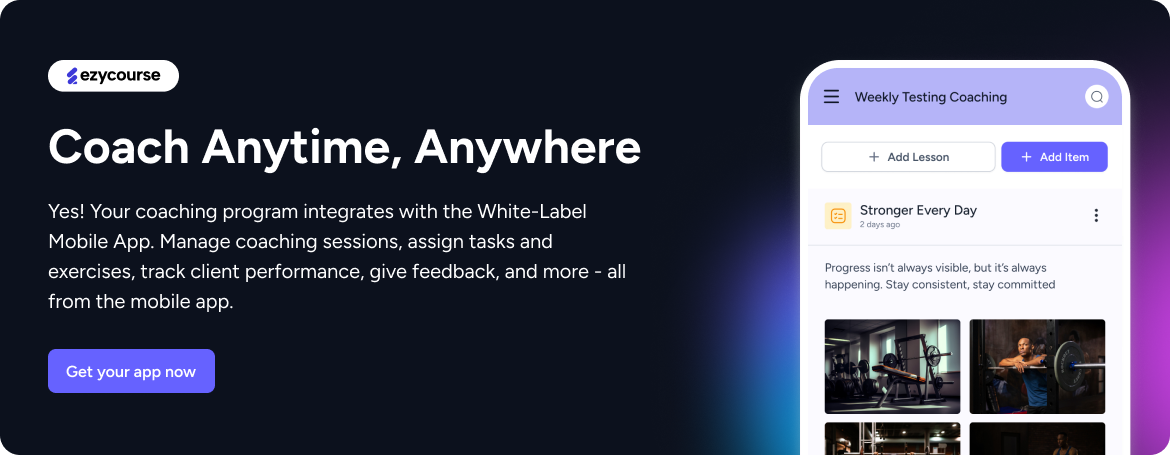
How Do You Get Certified As A Life Coach?
If you want to get certified as a life coach, follow the easy steps below:
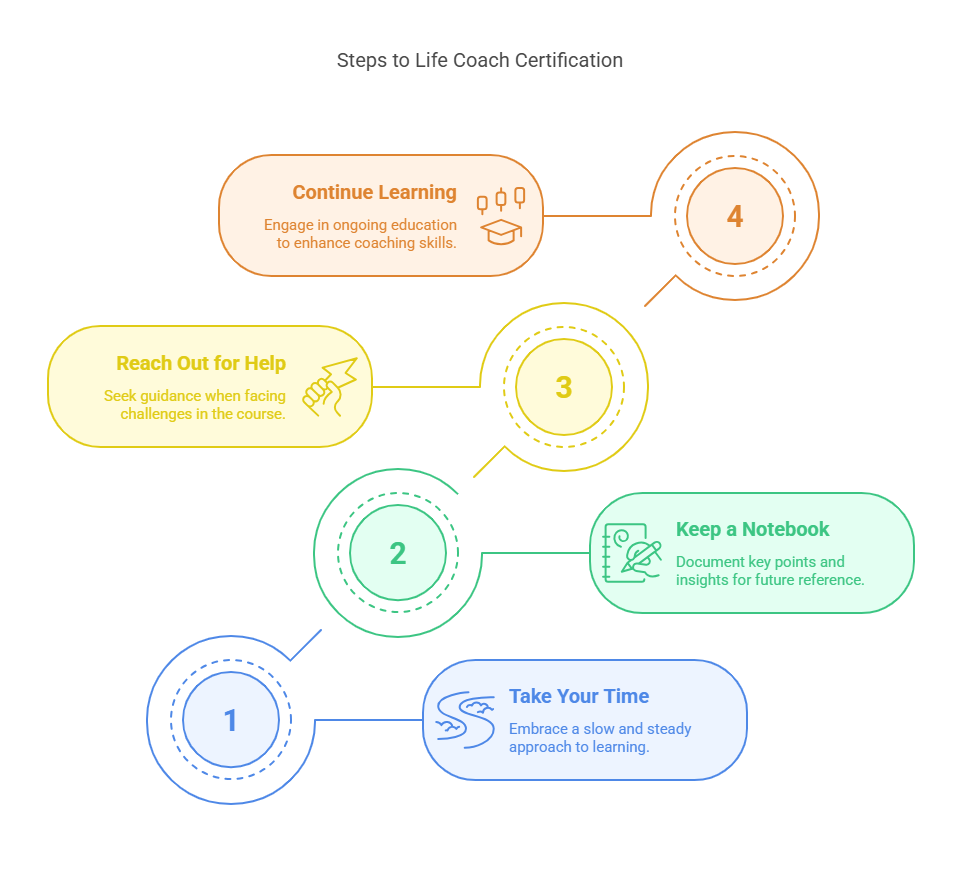
1. Take Your Time With the Program
One of the best things you can do for yourself is to go slow and steady. Many coaching programs give you the freedom to move at your own pace. Use that to your advantage. There's no rush.
When you take your time, you give yourself space to learn what the course is trying to teach you. Rushing through lessons might get you a certificate faster, but it won't help you be a better coach.
Life coaching needs real understanding, not just memorizing information. Slow learning is strong learning.
2. Keep A Notebook And Write Things Down
Don't just rely on your memory while you're taking the course. Keep a notebook or folder on your computer where you write essential points. Write anything that might help you later, even if it feels small.
It's a great way to ask a coaching question, or it's a way to calm a nervous client. Those small notes can be gold when coaching someone in the real world. Months from now, you'll be glad you took the time to jot things down.
3. Reach Out For Help Whenever You Feel Stuck
Some parts of the course might be easy, but others might confuse you. That's completely normal. Don't sit alone, feeling stuck or frustrated. Most programs have instructors who want you to ask questions.
Send an email, raise your hand in class, or post in the course group if there is one. It's better to ask five small questions now than to feel lost later when you are trying to coach someone for real. Asking for help shows you care about learning properly.
4. Keep Learning Even After You Get Your Certificate
Getting certified feels amazing, but it doesn't mean the learning stops. Coaching is a skill you build over time, not something you finish on paper. After you earn your life coaching certification, keep feeding your brain.
Attend workshops.
Sign up for online seminars.
Read books about coaching or human behavior.
Watch talks by other coaches who have been in the field longer than you.
The more you learn, the better you will become. Learning new things will make you more confident and valuable to your clients.

What Are the Legal Life Coach Certification Requirements?
The legal life coach certification requirements are:
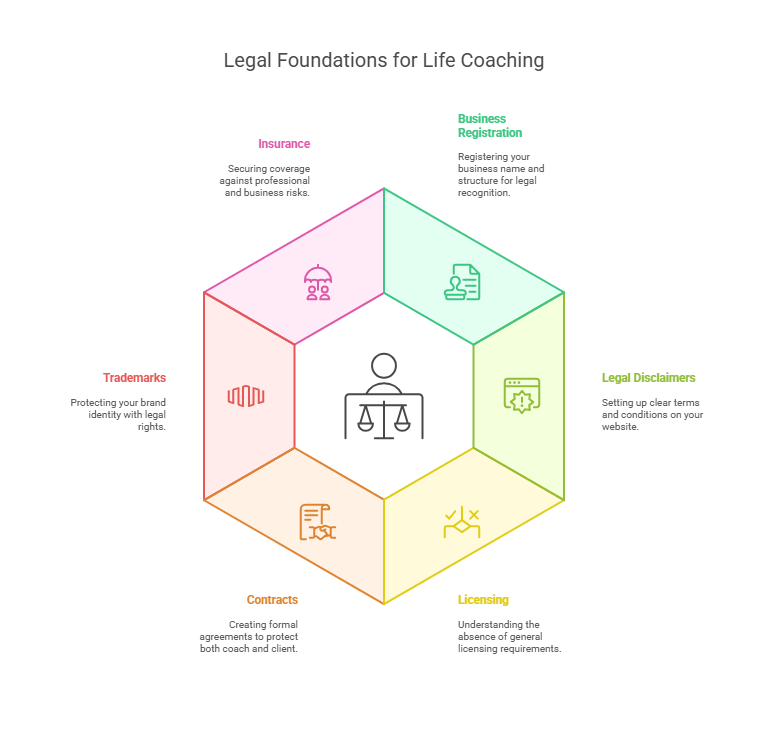
1. Registering Your Business
Do you have to register your coaching business? It depends on where you live and how you plan to run your business. You might not need to register immediately if you use your full legal name to offer coaching in many places.
However, if you create a business name, you should register it with your state or local government. This is a simple process, but very important.
Even if you're not required to register, doing so can significantly help. It makes your business more official and gives you some tax benefits. It also makes opening a business bank account or protecting your business name easier.
You have two main choices for your business structure:
One way is to run your coaching under your own name as a sole proprietor. This option is easy and cheap, but you are responsible if anything goes wrong. You can still register your business name, but don't have to form a company.
The second way is to set up an LLC (Limited Liability Company). An LLC makes your business a separate entity from you. It protects your money if something happens in your industry. However, starting an LLC takes more time and costs more money. It's a little more work upfront, but it gives you better protection later.
2. Setting Up Legal Disclaimers and Website Policies
Another important step is setting up clear legal documents on your website. You should have disclaimers, terms, and conditions ready. Disclaimers protect you by setting clear limits about what your coaching offers.
Terms and conditions explain the rules for people using your website or hiring you. They lay out what you expect from clients and what clients can expect from you.
Also, don't forget about a privacy policy if you collect visitor information on your site. It tells people what kind of data you collect, how you use it, and how you protect it. This builds trust with your visitors and keeps you on the right side of online laws.
3. Life Coach License
You don't need a license to be a life coach. Licenses are required for therapists or counselors, not for coaches. But be careful.
Some coaching fields have special rules. For example, if you help people with nutrition, your state might have laws. Always check the regulations for your type of coaching before you start.
4. Life Coach Contract
You don't have to use a contract, but it's a very smart idea. A contract protects you and your client from fraud. It makes everything clear before you start working together.
You should create a contract before taking on your first client. It tells both sides what to expect, shows what you offer, what you don't, and how you will work together.
Your contract should explain:
How many sessions will you offer
How long will each session be
What topics will you cover?
How much do you charge?
How long will the coaching last
Your rules for canceling or ending the sessions
If you need help, some services sell ready-to-use coaching contracts. These can save you time and help you stay protected.
5. Trademarks
Trademarks protect your brand name, logo, or design. They give you the right to be the only one using them in your field. A trademark usually lasts for 10 years.
First, you must search to see if anyone else already uses the name or image you want. If it's available, you can apply. Many people hire a lawyer to help because the process can be tricky.
A trademark can make your business stronger. It can also add value if you ever want to sell your business.
But you don't have to rush. Initially, it's better to focus on building a strong brand. Helping your clients and growing your name is more important than filing for a trademark immediately. You can always do it later when your business grows.
6. Get Insurance
The most common insurance for life coaches is called professional liability insurance. This covers you if a client says your advice hurt them.
It protects you from mistakes, bad advice, or missing essential details. But it only covers you if you follow the law and stay within your coaching limits. You can also think about other types of insurance:
General Liability Insurance: It protects you if someone gets hurt at your office.
Cyber Insurance: It helps if private client information gets leaked.
Workers' Compensation Insurance: This insurance covers employees who get hurt while working for you.
Property and Car Insurance: It protects your office and business vehicles.
Is Insurance a Must for Life Coaches?
No, it's not required. You don't have to get insurance unless you work as a licensed coach, therapist, doctor, or nutritionist. It's your choice. Some coaches buy insurance for security. Others just use strong contracts to stay safe.
Copyright Rules for Life Coaches
When you create something original, such as text, photos, videos, or design, you automatically acquire copyright rights over your work. This means no one else can use it without your permission.
However, you also need to respect other people's copyrights. If you want to use someone else's photo or graphic, you must get permission. You can ask them directly or use pictures from websites that give free licenses, like Pexels.com or Unsplash.com.
One important thing to remember: Just because an image appears on Google doesn't mean you can use it. Most pictures you see there are protected by copyright. Unless it clearly says you can use it, you need permission or a license.
What Are the Ethical Standards for Life Coach Certification Requirements?
We've talked a lot about the legal side of life coaching. Now, let's look at something just as important as the ethical side. The International Coaching Federation (ICF) is the biggest and most trusted group in the coaching world.
They are not a government agency, but they set the standards many coaches follow. The ICF's website has a full list of ethical strengths. Ethics are key to being a good coach.
Integrity is not just a nice thing; it's a must. Sadly, there are coaches out there today who fall short. Here are a few ways we see it happen:
Promising results that they have never achieved themselves
Giving every client the same "cookie-cutter" advice
Trying to coach in industries where they have no real experience
Good coaches stay honest about what they know and what they can help with. They listen first, then guide with genuine care.
Life Coach Certification Cost Breakdown
You can expect to pay from $3,000 to over $13,000 to get a life coach certification. However, the cost varies depending on course type, institution, and other factors.
If you only want to coach part-time, your course may be shorter and cheaper. International Coaching Federation (ICF)- approved courses usually cost more than those that aren't.
Here are a few well-known ICF-approved programs:
Program Name | Type of Training | Hours | Price |
iPEC | Online and in-person | 200 hours | $12,495 |
New Ventures West | In-person (over 2 weeks) | Not shared | $13,400 |
Georgetown University | Mix of formats (8 months) | Not shared | $13,995 |
8 Life Coach Certifications You Should Explore
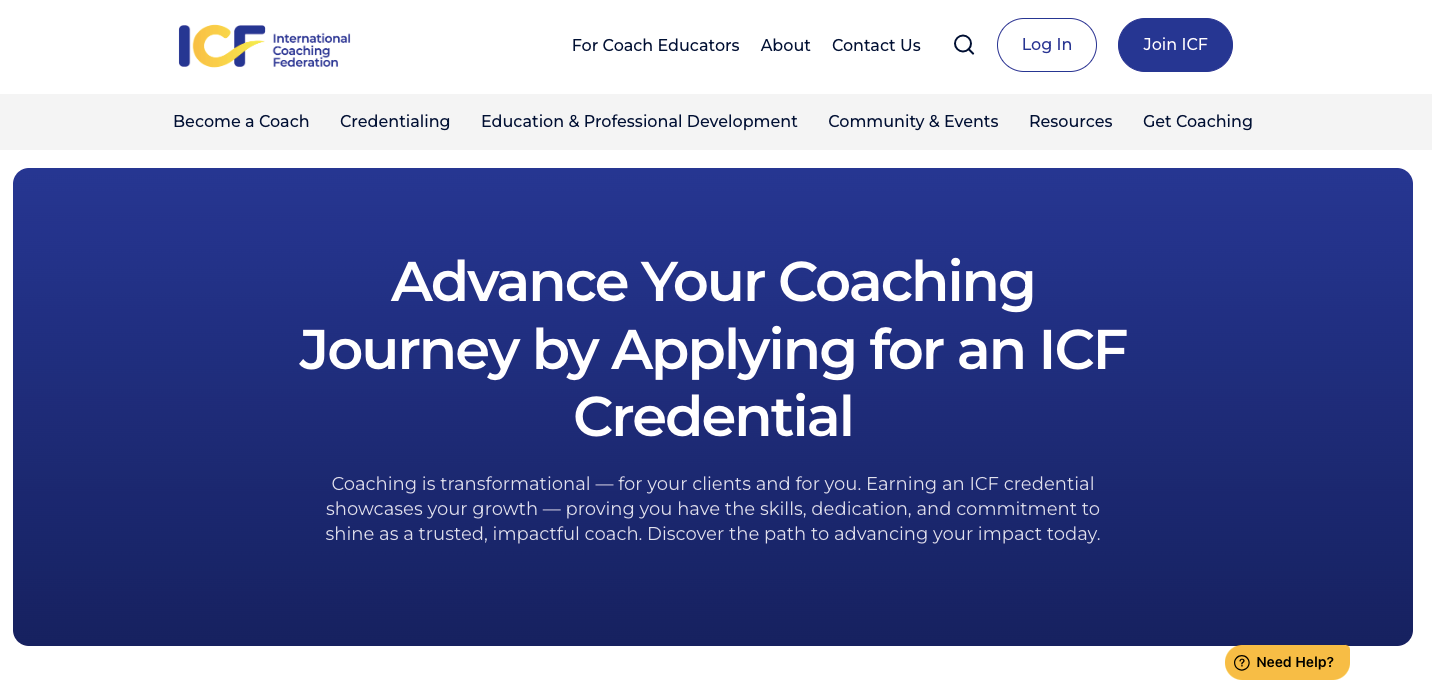
If you're considering a career as a life coach, picking the proper certification can help you start strong.
Here are some great options to look at if you want to take the next step:
1. Certified Life Coach
The Certified Life Coach Institute offers a short but powerful course. It lasts just three days. During the training, you learn the basics of coaching and how to set up your coaching business. It's approved by the ICF, which gives it extra credibility.
This program is good if you're just starting and want to understand the main skills you need to succeed quickly.
2. Certified Professional Coach
If you want deeper training, the Certified Professional Coach program by iPEC might be a good fit. It doesn't just teach you how to be a life coach. It also shows how to help people build strong habits and make better choices.
Plus, when you complete it, you also get two extra certifications: one as an Energy Leadership Index Master Practitioner and another as a CORE Dynamics Specialist. It's a solid pick if you want to stand out.
3. Health and Life Coach
The Health Coach Institute has a program that gives you two skills in one: health coaching and life coaching. You learn how to help people reach their personal health goals and their big life dreams, too.
The course is entirely online, so you can study independently. It's also ICF-accredited, so it's perfect if you want the freedom to study when your schedule allows.
4. Professional Certified Coach
The Professional Certified Coach certification comes from the Institute for Life Coach Training. It is longer and usually takes 18 to 24 months to complete.
You'll study core coaching skills and have the chance to pick a few extra subjects that match your interests. It's a tough program that ends with essays and an exam, but it gives you strong training and is accredited by the ICF.
5. ICF Associate Certified Coach
Coach U offers this flexible course that you can complete online. Some finish it in just a week, while others take up to six months. You can move at your speed.
This makes it a good choice if you have a full-time job. You can study coaching on the side without pressure. The ICF also approves the course. This helps build trust when you start your coaching business.
6. Integrative Life Coach
The Integrative Wellness Academy has its style of life coaching, and its Integrative Life Coach certification teaches you its methods. It's more than basic coaching. This course combines different approaches to help people deeply.
However, you can take this course online or attend in person. You must finish some projects and pass a final exam to earn the certification.
7. Master Integrative Life Coaching Practitioner
Once you finish the basic course at IWA, you can level up with their Master Integrative Life Coaching Practitioner certification.
This program teaches advanced coaching techniques, covering topics such as relationship coaching, financial coaching, and spiritual coaching. It's designed for coaches who want to become specialists or offer their clients more.
8. Certified Professional Career Coach
If you want to help people with their jobs and careers, the Certified Professional Career Coach certification by PARW/CC is a great option. It's an online course with study materials, video lessons, and tests.
You'll learn how to guide people through career changes, job hunts, and professional growth. This path is good if you want to focus more on career coaching than general life coaching.

Can You Be a Life Coach Without a Certification?

Yes, you can be a life coach even if you don't have a certification. Most life coaching fields are not regulated by law. This means you can start coaching people without any official paperwork or license.
Even the certification programs for life coaching are unregulated. So, getting certified does not mean you earn a government-approved qualification.
Should you start coaching without a certificate? Honestly, it's your choice. Some people feel ready to coach without one, and that's okay.
A certification is not always necessary. (Unless you plan to coach in a field like health or therapy. Those areas sometimes have legal rules. Always check your coaching niche carefully before you start.)
You can still build great skills by simply coaching real people. In the beginning, you should charge lower fees. This helps you get your first few clients. It also gives you real experience, which no course can fully teach.
Frequently Asked Questions
Is There a Demand for Life Coaches?
Yes, many people want life coaches now. They want help with stress, goals, and big decisions. A coach provides support and clear steps, so more people are looking for one.
How Do Life Coaches Get Clients?
People sign up when they trust you. This is why referrals help. If a friend says good things about you, others will listen. You can ask family and friends to tell others about your work.
What to Do After Getting Certified?
After you get certified, you can start your own business. Some coaches join a company instead. Keep learning and practicing. The more you help people, the better you get.
Conclusion
Starting a life coaching business may seem like a lot at first. It takes some research and planning. But remember, thousands of people start new businesses every day. You can too.
So now we want to hear from you. What's your biggest reason for wanting to become a life coach? Share your thoughts with us! Also, if you are looking to become a life coach or sell your life coaching online, you can try EzyCourse with a free trial.
